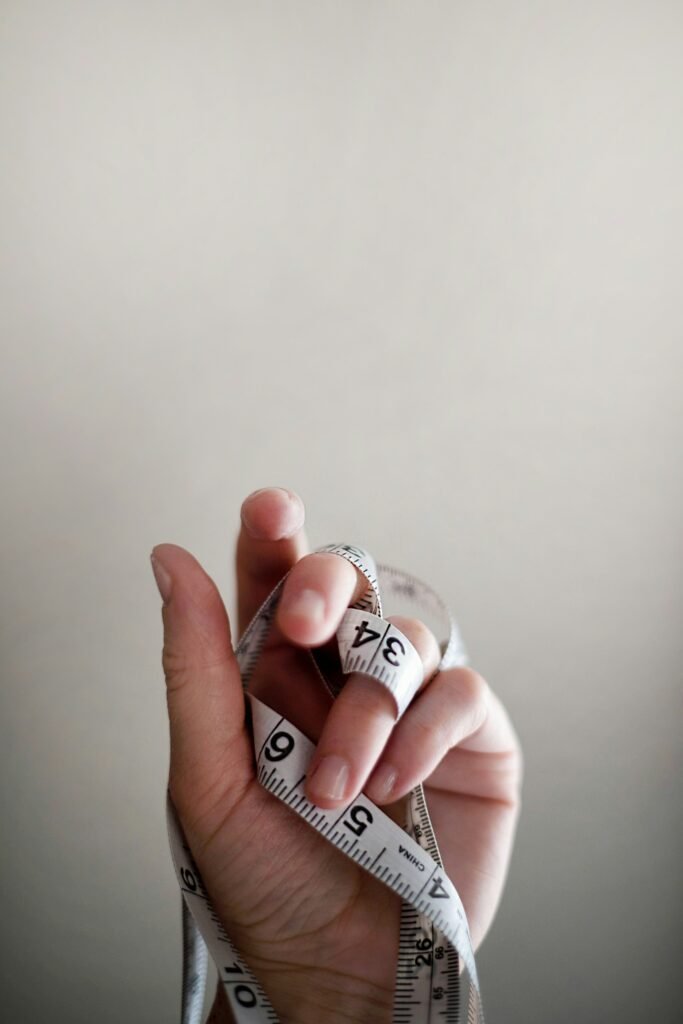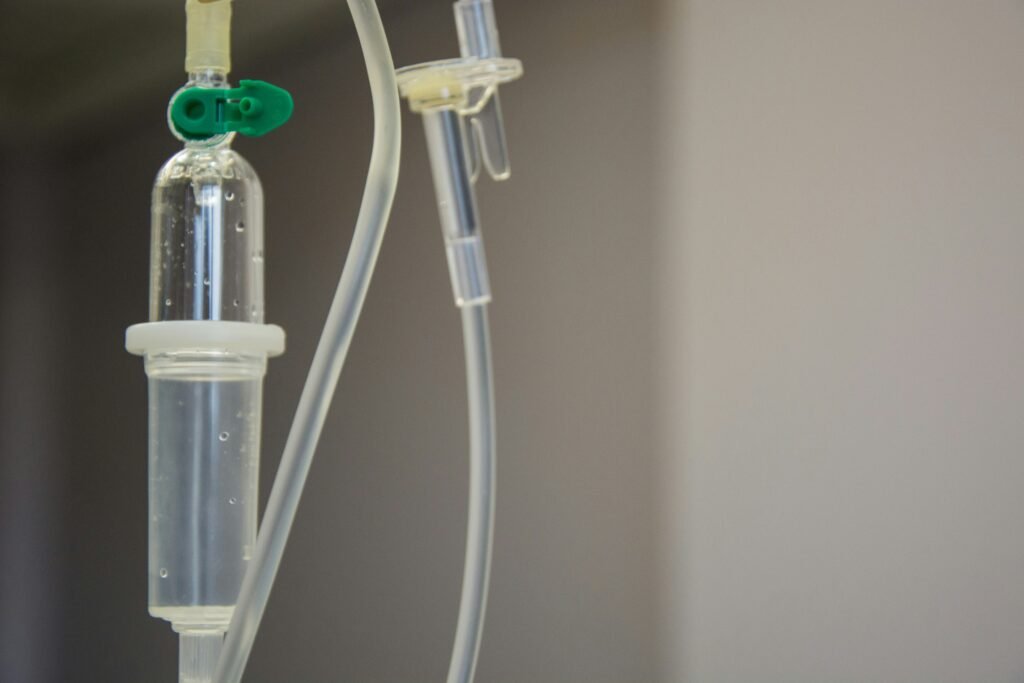Imagine a world where you have the power to take control of your high blood pressure with just a simple practice – mindfulness. With the increasing number of individuals being diagnosed with high blood pressure, it’s time to explore alternative methods of managing this condition. In this article, we will explore the potential benefits of mindfulness in managing high blood pressure, providing you with a new perspective on how to take charge of your health and well-being.

Understanding high blood pressure
Definition of high blood pressure
High blood pressure, also known as hypertension, is a condition characterized by the force of blood against the walls of your arteries being consistently too high. It is often referred to as the “silent killer” as it typically presents no symptoms but can lead to serious health complications if left untreated. Blood pressure is measured in millimeters of mercury (mmHg) and is expressed as two numbers – systolic pressure over diastolic pressure. A blood pressure reading of 120/80 mmHg or below is considered normal, while anything above that is classified as high blood pressure.
Causes and risk factors
There are several factors that contribute to the development of high blood pressure. These include genetic predisposition, age, obesity, sedentary lifestyle, unhealthy diet (high in salt and low in fruits and vegetables), excessive alcohol consumption, smoking, stress, and certain medical conditions such as kidney disease or hormonal disorders. It is essential to take preventive measures and manage these risk factors to keep your blood pressure in check.
Symptoms and complications
In most cases, high blood pressure does not present any noticeable symptoms, which is why it often goes undiagnosed for a long time. However, some individuals may experience symptoms such as headaches, shortness of breath, nosebleeds, dizziness, or chest pain. If left untreated, high blood pressure can lead to severe complications including heart disease, stroke, kidney damage, vision loss, and cognitive decline. Regular blood pressure monitoring and appropriate management are crucial to prevent these potential complications.
Introduction to mindfulness
Definition and principles
Mindfulness is a practice derived from ancient Buddhist traditions that involves paying non-judgmental attention to the present moment. It is characterized by focused awareness of one’s thoughts, emotions, bodily sensations, and surroundings without getting caught up in them. The principles of mindfulness include bringing one’s attention to the present moment, cultivating non-judgmental awareness, and practicing acceptance and compassion towards oneself and others.
Mindfulness practices
There are various mindfulness practices that can be adopted to cultivate a state of mindfulness. These include meditation, deep breathing exercises, body scan, progressive muscle relaxation, mindful eating, guided imagery, and engaging in mindful movements such as yoga or Tai Chi. These practices help in promoting mental clarity, reducing stress, and enhancing overall well-being.
Benefits of mindfulness
Practicing mindfulness has been associated with numerous physical, mental, and emotional benefits. Research suggests that it can help reduce stress, improve cognitive function, enhance emotional regulation, promote relaxation, strengthen the immune system, and increase overall resilience. Additionally, mindfulness has been shown to have a positive impact on cardiovascular health, including blood pressure management.
Link between mindfulness and blood pressure
Research on mindfulness and blood pressure
Several scientific studies have examined the potential impact of mindfulness on blood pressure management. These studies suggest that mindfulness-based interventions can lead to significant reductions in both systolic and diastolic blood pressure readings. One study conducted by the University of California, San Francisco, found that participants who engaged in an eight-week mindfulness program experienced substantial decreases in blood pressure, particularly in those with higher initial levels.
Effects of stress on blood pressure
Stress is known to play a significant role in the development and worsening of high blood pressure. When you experience stress, your body releases hormones that cause your heart to beat faster and your blood vessels to narrow, resulting in increased blood pressure. Chronic stress can lead to long-term elevation of blood pressure, contributing to the development of hypertension. Therefore, effective stress reduction techniques are essential in managing high blood pressure.
Role of mindfulness in stress reduction
Mindfulness has been shown to be highly effective in reducing stress levels. By practicing mindfulness, individuals develop the ability to observe their thoughts and emotions without becoming overwhelmed by them. This increased self-awareness allows for better regulation of stress responses and helps to cultivate a state of calm and relaxation. Engaging in mindfulness-based practices enables individuals to break free from the cycle of stressful thoughts, reducing the impact of stress on blood pressure.
Mindfulness techniques for managing high blood pressure
Deep breathing exercises
Deep breathing exercises involve taking slow, deep breaths, focusing on the rise and fall of your abdomen. This practice helps activate the body’s relaxation response, promoting a sense of calmness and reducing blood pressure levels.
Body scan meditation
Body scan meditation involves systematically scanning your body from head to toe, paying attention to each body part and any sensations or tensions that may arise. This practice promotes relaxation, helps in identifying and releasing physical tension, and cultivates a deeper connection with one’s body.
Progressive muscle relaxation
Progressive muscle relaxation involves tensing and then relaxing different muscle groups to promote muscle relaxation and release tension. This technique can help reduce overall stress levels and contribute to lowering blood pressure.
Mindful eating
Mindful eating involves paying full attention to the eating experience, savoring each bite, and being aware of the taste, texture, and aroma of the food. By practicing mindful eating, individuals can develop a healthier relationship with food, make better choices, and avoid overeating, which can positively impact blood pressure.
Guided imagery
Guided imagery involves visualizing calming and serene scenes to elicit a relaxation response. By using vivid imagination and engaging the senses, guided imagery can help reduce stress levels and lower blood pressure.
Yoga and Tai Chi
Yoga and Tai Chi are mind-body practices that combine physical postures, breathing techniques, and meditation. Regular practice of these disciplines has been shown to reduce blood pressure, improve cardiovascular health, and promote overall well-being.

Mindfulness-based stress reduction (MBSR)
Overview of MBSR program
MBSR is an evidence-based program developed by Jon Kabat-Zinn in the late 1970s. It is designed to help individuals cultivate mindfulness, reduce stress, and improve overall health and well-being. The program typically involves an eight-week curriculum that includes mindfulness meditation, body awareness exercises, and group discussions.
Components of the program
The MBSR program consists of various components aimed at developing mindfulness skills. These components include mindfulness meditation practices, body scan, gentle yoga or mindful movement, and group discussions or mindfulness-based psychoeducation. Participants are encouraged to engage in daily home practice to reinforce the development of mindfulness skills.
Studies on MBSR and blood pressure
Numerous studies have examined the effects of MBSR on blood pressure. A meta-analysis published in the Journal of Hypertension found that individuals who participated in MBSR programs experienced significant decreases in both systolic and diastolic blood pressure. This suggests that MBSR may serve as an effective adjunctive therapy for individuals with high blood pressure.
Tips for incorporating mindfulness into daily life
Starting a mindfulness practice
To start a mindfulness practice, it is important to set aside dedicated time each day for meditation or other mindfulness exercises. Begin with short periods and gradually increase the duration as you feel more comfortable. It is also helpful to find a quiet and peaceful space where you can practice without distractions.
Finding time for mindfulness
Incorporating mindfulness into your daily routine can be as simple as taking a few minutes during your lunch break to focus on your breath or engaging in a body scan before going to bed. By finding small pockets of time throughout the day, you can reap the benefits of mindfulness without adding significant extra time demands.
Creating a peaceful environment
Creating a peaceful environment can enhance your mindfulness practice. Find a quiet space where you feel comfortable, and consider adding elements that promote relaxation, such as soft lighting, calming scents, or soothing music.
Combining mindfulness with medication
It is important to consult with your healthcare provider before making any changes to your medication regimen. Mindfulness practices can complement medical treatment for high blood pressure, but they should not replace prescribed medications without proper guidance.
Seeking professional guidance
If you are new to mindfulness or struggling to incorporate it into your daily life, seeking guidance from a meditation teacher, therapist, or participating in a structured mindfulness program can be helpful. These professionals can provide support, guidance, and additional resources to enhance your mindfulness practice.

Other lifestyle changes for managing high blood pressure
Dietary modifications
Adopting a healthy diet can significantly impact blood pressure. Include fresh fruits and vegetables, whole grains, lean proteins, and low-fat dairy products in your meals. Reduce sodium intake by avoiding processed foods and limiting salt usage. Consuming a moderate amount of alcohol and caffeine is also recommended.
Regular physical activity
Engaging in regular physical activity is beneficial for blood pressure management. Aim for at least 150 minutes of moderate-intensity aerobic exercise per week, along with strength training exercises twice a week. Consult with your healthcare provider before starting any new exercise program.
Stress management techniques
In addition to mindfulness, incorporating other stress management techniques such as engaging in hobbies, practicing relaxation exercises, spending time in nature, or participating in activities that bring you joy can help reduce stress levels and positively impact blood pressure.
Maintaining a healthy weight
Maintaining a healthy weight is important in managing high blood pressure. If you are overweight, losing even a small amount of weight can have a significant effect on your blood pressure. Adopt a balanced diet and engage in regular physical activity to achieve and maintain a healthy weight.
Limiting alcohol and caffeine intake
Excessive alcohol and caffeine consumption can contribute to high blood pressure. Limit your intake of alcoholic beverages and caffeinated drinks to moderate levels. Drinking in moderation, or avoiding alcohol and caffeine altogether, can have a positive impact on your blood pressure.
Consulting a healthcare provider
Importance of medical advice
While mindfulness practices and lifestyle modifications can be effective in managing high blood pressure, it is essential to consult with a healthcare provider for proper diagnosis, guidance, and monitoring. Your doctor can evaluate your specific situation, provide personalized recommendations, and ensure the effectiveness and safety of any interventions.
Discussing mindfulness with a healthcare provider
When visiting your healthcare provider, it is beneficial to discuss your interest in incorporating mindfulness into your blood pressure management plan. Your provider can provide guidance, address any concerns or questions you may have, and may even have resources or referrals to mindfulness-based programs or therapists.
Monitoring blood pressure regularly
Regular blood pressure monitoring is crucial in managing and evaluating the effectiveness of your strategies. Your doctor can guide you on how often to check your blood pressure, whether at home or during office visits. Consistent monitoring will allow you to track any changes and make appropriate adjustments to your management plan.
Conclusion
Incorporating mindfulness into your daily life can have profound effects on managing high blood pressure. Mindfulness practices, such as deep breathing exercises, meditation, and mindful movements, have been shown to reduce stress levels and lead to improvements in blood pressure readings. Mindfulness-based programs, such as MBSR, offer structured approaches to developing mindfulness skills and have demonstrated promising results in blood pressure management. Coupled with other lifestyle modifications, including a healthy diet, regular physical activity, stress management techniques, and monitoring blood pressure regularly, mindfulness can be a valuable tool in your journey towards better blood pressure control. Remember to consult with your healthcare provider to receive personalized advice and guidance throughout the process.

Hello, I’m Kelly Joseph, the author behind Optimum Mindset for an Optimal Lifestyle. Welcome to our website, where we dive deep into the world of mindfulness techniques and productivity hacks. With a mission to help you achieve a more fulfilled life, we offer a comprehensive guide to mastering the art of an optimum mindset. I am passionate about enhancing mental resilience, fostering positivity, and unlocking the potential for goal achievement. This site is a treasure trove of practical tips and strategies that will empower you to live life to the fullest. Join me on this journey of self-discovery and personal growth.

